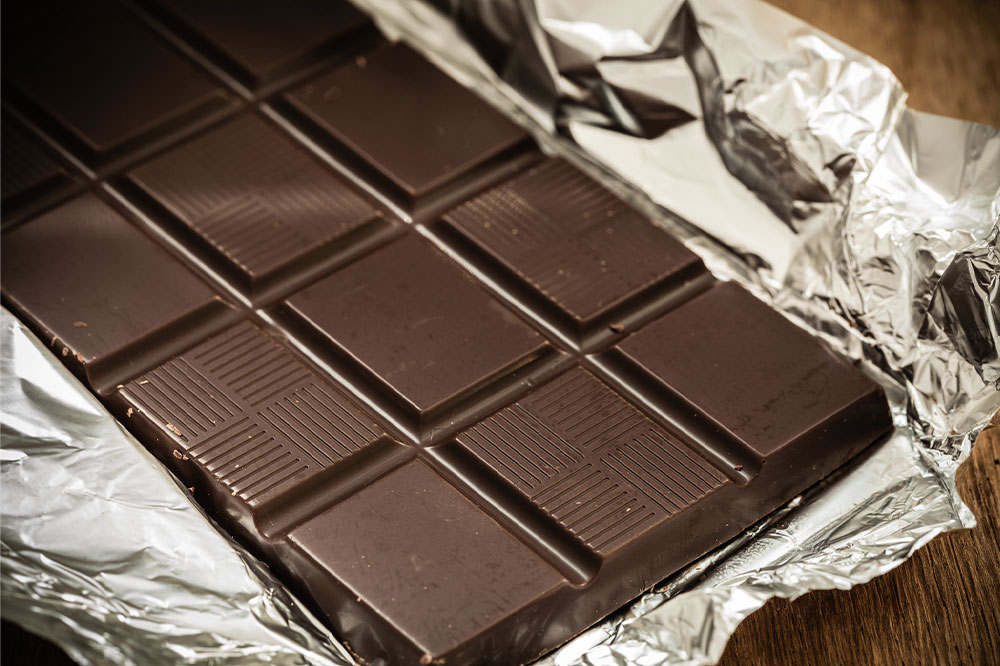
Foods to eat and avoid for managing hearing difficulties
Nutrition is important in keeping the body healthy and making it resistant to illnesses. Although no one meal may cause or cure hearing loss, studies indicate that nutrition can help lower the likelihood of hearing loss. Lack of micronutrients and vitamins A, B, C, zinc, and magnesium can raise the risk of hearing loss. Hence, eating the right foods can enhance general health and the auditory system. Here are some foods to eat and avoid.
Foods to eat to prevent hearing loss:
Magnesium-rich food
Magnesium protects inner ear hair cells from loud noises and promotes normal nerve function. It can also improve blood flow, but a deficiency might result in an oxygen shortage. Therefore, consuming more foods high in magnesium are advised to maintain healthy and functional ears. The best magnesium-rich foods are dark chocolate, pumpkin seeds, flax seeds, nuts, whole grains, avocados, salmon, legumes, kale, spinach, and bananas.
Potassium-rich food
A fluid imbalance in the inner ear can cause hearing loss. Maintaining healthy levels of potassium helps in controlling body fluid. Potassium levels naturally decline as people age. Therefore, eating foods high in potassium is crucial to avoid hearing loss or other hearing issues. The best foods for potassium intake are cucumbers, mushrooms, sweet potatoes, potatoes, eggs, apricots, oranges, avocados, spinach, coconut, peas, watermelon, and edamame.
Zinc-rich food
Zinc can promote cell growth as well as boost immunity, which helps in the prevention of ear infections. A healthy zinc intake is also linked to a lower risk of tinnitus and presbycusis. Include foods like yogurt, beans, lentils, oysters, lobster, crab, mushrooms, kale, spinach, garlic, and pumpkin seeds in your regular meals to help boost immunity and heal quickly from any illness.
Omega-3 rich food
All organs start to weaken with age and need more attention and care to stay healthy. Including a sufficient amount of fatty acids in one’s daily meals helps maintain healthy ears as one ages. A good intake of omega-3 fatty acids can help delay or prevent age-related hearing loss and boost immunity. Omega-3 fatty acids are best found in walnuts, flax, chia, hemp, Brussels sprouts, spinach, salmon, tuna, mackerel, oysters, and other fatty fish.
Folate-rich food
Circulation is important in maintaining the health of the ears. Folate has been shown to improve circulation in the body, which may help to prevent hearing loss. Folate also keeps hair cells healthy, preventing infections and illness. Folate-rich foods include Brussels sprouts, kale, spinach, broccoli, peas, kidney beans, chickpeas, liver, lemons, melons, bananas, eggs, peanuts, and sunflower seeds.
Foods to avoid to prevent hearing loss:
Vegetable oil
They are high in omega 6, which promotes the growth of cancer cells, blood clotting, and inflammation in the body. An imbalance of omega 3 and 6 fatty acids causes heart conditions, autoimmune disorders, and hearing loss.
High-fat foods
Good nutrition promotes better blood circulation throughout the body. On the other hand, excessively high-fat foods can clog blood vessels, resulting in poor blood flow to the inner ear and hearing loss. Foods such as baked goods, fried foods, butter, sausages, and bacon should be avoided.
Sugar
People with high blood sugar levels are more likely to develop hearing problems and infections. Long-term diabetes damages the nerves and blood vessels of the inner ear which can cause hearing loss. Sugar and artificial sweeteners must therefore be avoided. Sugar can be replaced with stevia, honey, or real maple syrup.
Sodium
Excess sodium has been linked directly to increased tinnitus. It restricts blood vessels, raises blood pressure, and reduces blood flow to the cochlea. Avoid canned or frozen meals, pizza, pasta, instant pudding, and breakfast cereals high in sodium.
Chemicals
Many chemicals and pesticides are applied to fruits and vegetables to deliver attractive fresh produce. These chemicals are harmful to many parts of the body, including the ears. Before eating, fresh produce should be thoroughly washed under running water to prevent any problems.
Tips to have good ear health
- Power tools, concerts, lawnmowers, firearms, and airplanes can cause hearing loss over time. Wear earplugs in noisy environments to protect the ears and reduce the risk of hearing loss.
- If the water contains harmful bacteria, swimming, and bathing can cause water to enter the ear canal, risking your hearing and ear health. After bathing or swimming, tilt your head to one side to help the excess water drain out of the ears, or use a small, soft towel to dry the ears.
- Avoid listening to excessively loud media or music. Try following the 60/60 rule: listen for no more than 60 minutes per day with the volume at no more than 60%.


